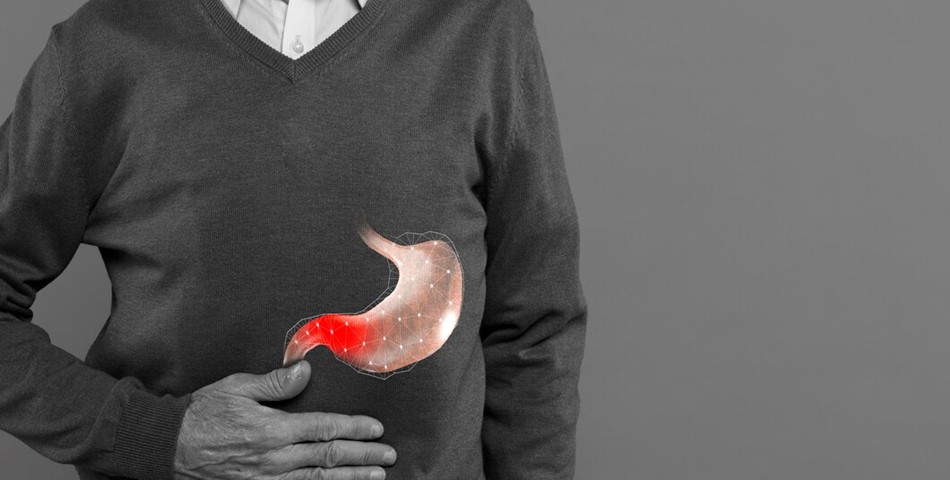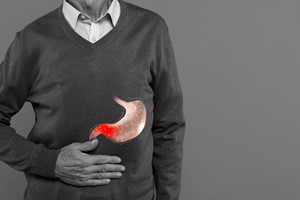Irritable bowel syndrome (IBS) presents a significant challenge for millions worldwide, with its debilitating gastrointestinal symptoms often accompanied by comorbid depression. While traditional treatments have primarily targeted gut symptoms, recent research suggests a novel dietary approach could effectively address both aspects of this complex condition.
Understanding the Complexity
IBS affects approximately 4% of the Australian population, causing recurrent abdominal pain, altered bowel habits, and profound impacts on daily life. Over the past 15 years, advancements in understanding its etiology have prompted a shift towards integrated care, encompassing medical, dietary, and psychological interventions.
The Role of Diet and Psychology
Dietitians play a pivotal role in IBS management, with the restriction of specific dietary carbohydrates known as FODMAPs offering significant relief for many sufferers. Concurrently, the recognition of gut-brain dysregulation and the high prevalence of psychological comorbidity in IBS underscore the importance of psychological interventions, such as cognitive-behavioral therapy and gut-directed hypnotherapy.
The Link Between IBS and Depression
Depression frequently accompanies IBS, affecting a quarter of individuals with the condition—three times higher than the general population. This underscores the need for holistic treatment approaches that address both physical and mental well-being. Recent shifts in depression treatment guidelines in Australia highlight the importance of lifestyle modifications, including dietary interventions such as the Mediterranean diet.
Exploring the Mediterranean Diet
A recent randomized controlled trial investigated the efficacy of the Mediterranean diet in individuals with IBS and mild to moderate depression or anxiety. Results were promising, with participants showing improvements in both gut and psychological symptoms. Adherence to the Mediterranean diet was feasible, with significant reductions in IBS gut symptom severity and improvements in depressive symptoms observed.
Implications for Treatment
These findings offer a new perspective on dietary treatment for IBS, suggesting that the Mediterranean diet may hold promise in alleviating both gut and psychological symptoms. Tailored treatment approaches, incorporating dietary modifications alongside psychological interventions, present a holistic strategy for managing IBS with comorbid mental health conditions.
Key Recommendations
Clinicians are encouraged to adopt patient-centered and trauma-informed counseling approaches, providing education on the gut-brain interaction and validating the experiences of individuals with IBS. Multidisciplinary care teams, including dietitians, psychologists, and gastroenterologists, are essential for comprehensive management.
Conclusion
The intersection of IBS and depression poses significant challenges for patients and healthcare providers alike. However, emerging research suggests that dietary interventions, particularly the Mediterranean diet, hold promise in addressing both physical and psychological symptoms. By embracing a multidisciplinary approach, clinicians can offer more effective and holistic care for individuals living with IBS and comorbid mental health conditions.
In summary, the integration of dietary modifications, psychological interventions, and patient-centered care represents a promising avenue for improving the quality of life for those affected by IBS and depression. Further research is warranted to elucidate the underlying mechanisms and optimize treatment strategies in this complex population.
insightplus.mja..com














